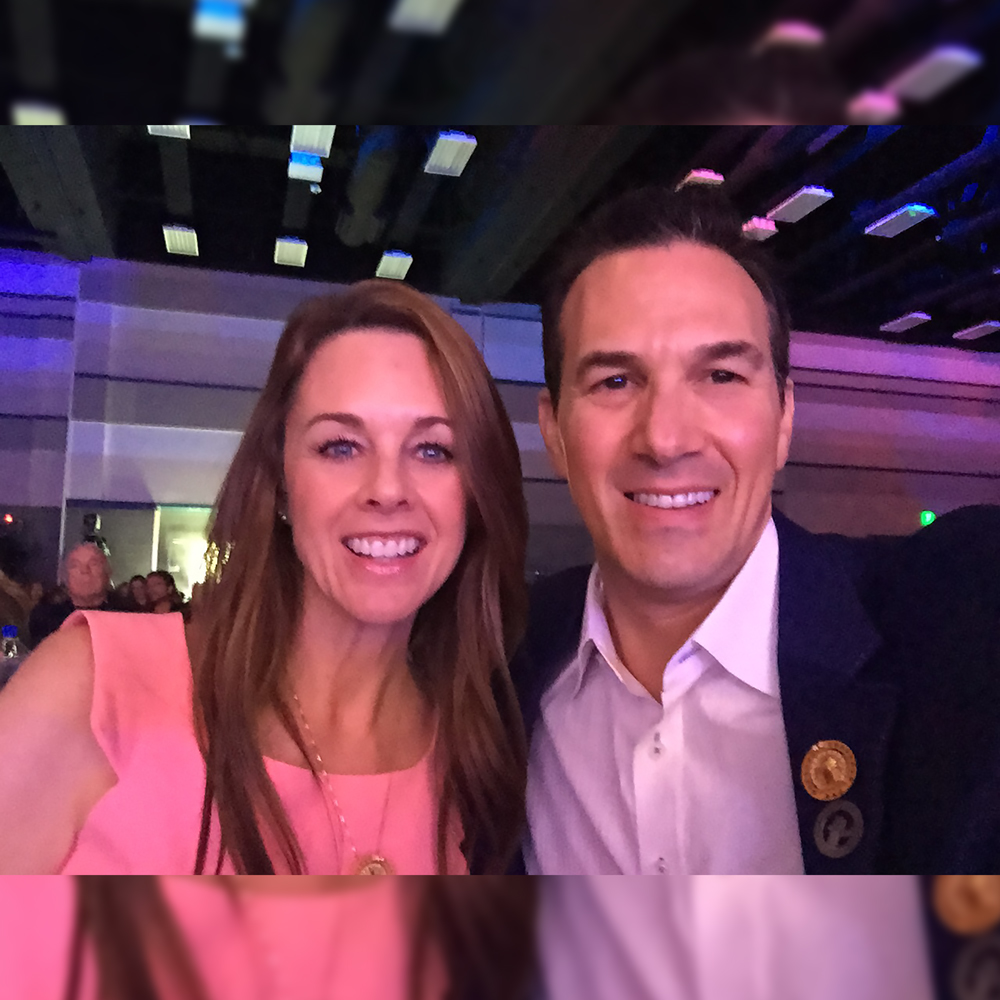
In today’s fast-paced and competitive business environment, conflict is inevitable. Whether it’s between colleagues, departments, or external partners, disagreements can slow down progress and create unnecessary tension. This is where executive peacemaking comes into play, with mediation being a vital skill for navigating disputes. Mediation isn’t just a tool for resolving conflicts—it’s a crucial part of professional success that helps leaders build stronger relationships and foster a collaborative workplace culture.
Mediation is often seen as a last resort, but executives proactively embrace it to demonstrate foresight and leadership. Leaders can resolve issues more efficiently by stepping in to mediate conflicts early and create an environment of trust and transparency.
The Role of Mediation in Leadership
Successful executives understand that mediation is an essential leadership skill. In organizations where multiple teams work towards different goals, conflicts can arise due to miscommunication, misaligned priorities, or differing expectations. Leaders who mediate in these situations encourage open dialogue and help their teams find common ground. This not only resolves the immediate conflict but also strengthens the team’s ability to work together in the future.
Mediation requires active listening and empathy, which are core components of emotional intelligence. Leaders who excel in mediation can often put themselves in others’ shoes, understand varying perspectives, and guide the parties involved toward a mutually beneficial solution. In this way, it contributes to an executive’s ability to lead with compassion and authority.
Strengthening Workplace Culture through Mediation
One of the most significant benefits of mediation is the improvement it brings to workplace culture. Conflicts left unresolved can fester, leading to decreased morale and productivity. When executives take on the role of peacemakers, they signal to their teams that resolving issues is a priority. This proactive approach to conflict resolution helps foster a culture of collaboration, respect, and openness.
A workplace where mediation is practiced regularly allows employees to feel heard and valued. It promotes a more inclusive environment where differences of opinion are not seen as divisive but as opportunities for growth. Leaders who mediate set an example for others to follow, creating a ripple effect of positive communication across the organization. Over time, this helps build a workplace where innovation thrives, as employees are more willing to share ideas without fear of conflict.
Building Long-Term Relationships with Mediation
Beyond resolving internal conflicts, mediation is also a key strategy for managing relationships with clients, partners, and stakeholders. In professional settings, maintaining positive long-term relationships is essential for ongoing success. Conflicts with external parties can threaten these relationships, leading to lost business opportunities or damaged reputations.
Executives who practice mediation can diffuse tense situations with clients or partners, preserving relationships and often finding new ways to work together. Leaders can strengthen trust with external stakeholders by positioning themselves as neutral problem-solvers. This approach not only helps resolve immediate issues but also reinforces the value of the partnership for future collaborations. In this sense, mediation is not just a short-term solution but a long-term strategy for sustaining professional success.
Mediation and Executive Development
Mediation is not innate; it requires practice, patience, and continuous learning. Professional development opportunities are invaluable for executives looking to improve their abilities. Numerous courses and certifications focus on mediation and conflict resolution, often tailored specifically for leadership roles. These programs help leaders refine their approach to mediation, offering tools and techniques that can be applied in real-world scenarios.
Moreover, executives who seek out opportunities to mediate within their organizations gain practical experience that enhances their leadership capabilities. They learn to navigate complex interpersonal dynamics, communicate more effectively, and build consensus even in challenging situations. This growth benefits their current organization and enhances their long-term career prospects by establishing them as skilled and compassionate leaders.
Mediation as a Strategic Advantage
Mediation is more than just a conflict resolution tool—it is a strategic advantage that can differentiate great leaders from good ones. The ability to navigate disputes with tact and diplomacy is highly valued in competitive industries. Executives who can mediate successfully often find themselves in high demand, as their skills contribute to smoother operations, better team cohesion, and stronger external relationships.
Furthermore, mediation can play a pivotal role in decision-making processes. Leaders who mediate can often reach decisions that balance the interests of multiple stakeholders, ensuring that everyone feels heard and respected. This inclusive approach resolves conflicts and leads to more sustainable outcomes with widespread support.
Executive peacemaking, with mediation at its core, is vital to professional success. Leaders who embrace as part of their skill set are better equipped to resolve conflicts, foster collaboration, and build lasting relationships within and outside their organizations. As business environments evolve and grow more complex, the need for effective mediators in leadership positions will only increase.
By honing their mediation skills, executives can set themselves apart as leaders who drive results and cultivate a positive, innovative, and harmonious work environment.